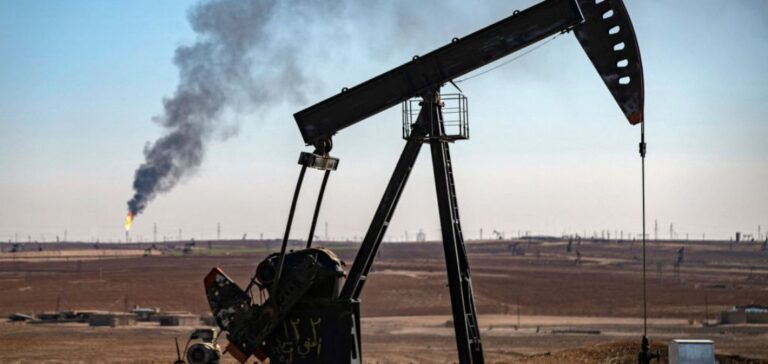The Kurdish authorities in northeastern Syria have resumed oil deliveries to territories administered by the central government in Damascus, an unprecedented move since Bashar al-Assad’s removal on 8 December. This resumption follows a months-long suspension, according to Ahmed Souleimane, spokesperson for the Syrian Ministry of Petroleum.
Renegotiation of oil contracts
Before Assad’s removal, the Kurdish administration regularly supplied oil to government-held areas. However, these shipments were halted following recent political developments. “The contracts between both parties have been adjusted to better serve the interests of the Syrian people, and exports resumed a few days ago,” Souleimane stated. He also noted that previous agreements had been “highly disadvantageous,” without providing further details.
Details of the current agreement
According to available information, the agreement includes the daily delivery of 150,000 barrels of oil and one million cubic metres of gas to government-controlled zones. Officials from the Kurdish administration have yet to comment on the resumption of exports.
Geopolitical and economic context
Northeastern Syria, rich in oil resources, has been under Kurdish control since the conflict began in 2011. This region has operated with de facto autonomy, managing its own resources and infrastructure. Syria’s oil production has significantly declined since the start of the war, dropping from approximately 385,000 barrels per day in 2010 to considerably lower levels in recent years.
Relations with the new Syrian government
The new Syrian leadership, closely aligned with Ankara, has urged all armed groups, including the Syrian Democratic Forces (SDF), the military branch of the Kurdish administration, to lay down their weapons, rejecting any form of Kurdish autonomy. In November, Turkish-backed forces launched an offensive against SDF-controlled areas in northern Syria, and fighting continues.
Implications for Syria’s energy future
The resumption of oil deliveries highlights the shifting dynamics in Syria’s energy landscape. The renegotiated agreements signal evolving economic ties between Kurdish authorities and the central government amid ongoing geopolitical tensions.






















